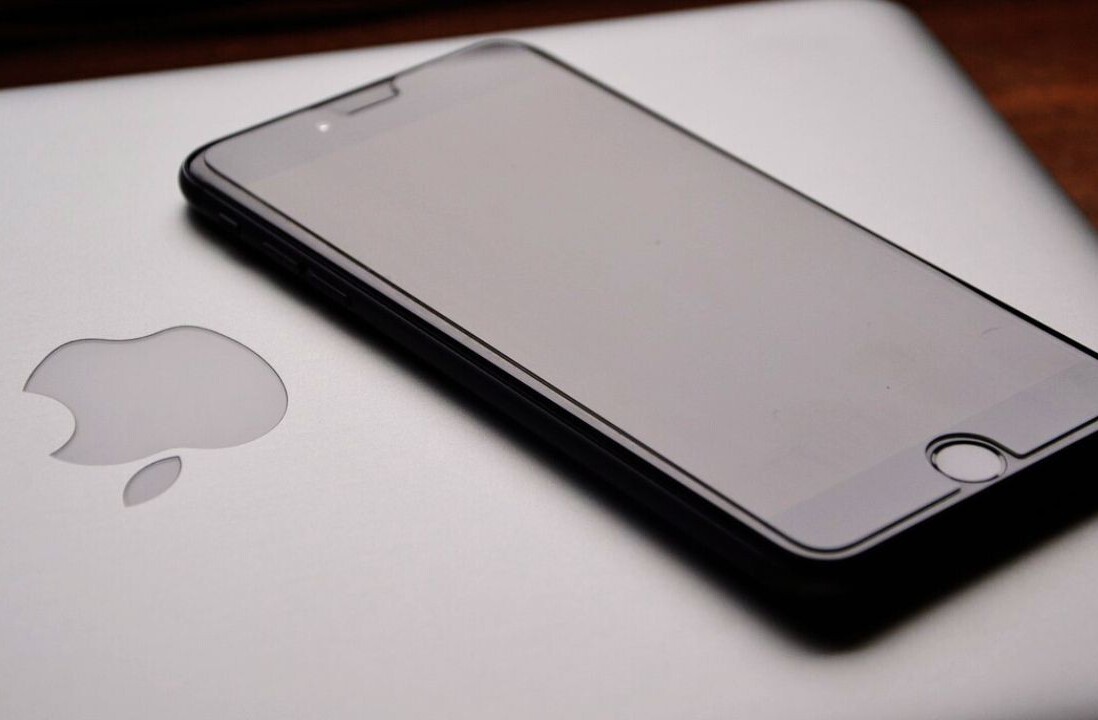
With Apple’s release of iOS 6 on Wednesday, Chinese users received several new features, including the promised localized version of Siri, which now speaks Mandarin and Cantonese. The service, however, has only limited usefulness as it isn’t yet integrated with some of the country’s largest domestic Internet services.
Reports suggest that this situation could soon change, and industry sources indicated to Sina Tech that a number of local companies are in “active contact” with Apple about have their products included in Siri. Dai Zheng, vice president of Qunar, China’s top travel search engine, said the company has been in continuous communication with Apple.
Qie Jianjun, vice president at Autonavi, Apple’s mapping partner in China, commented on the potential usefulness of Siri:
“Siri has opened a hole, allowing users to get information using their voices, but the size of this hole depends on how rich the platform’s content is, whether it is more useful.” (translation)

According to the report, insiders have noted that there is tremendous pressure surrounding which third-party vendors will be chosen by Apple. As a result, Chinese companies are expected to start up a “round of shopping” in order to seize this opportunity.
An informal survey of microblogging site Sina Weibo shows that Chinese iPhone users have quickly dived into trying out Siri. The response to the service appears to be mostly positive, with some users noting that Siri’s joking personality is still evident in the Mandarin version.
Not being a native Chinese speaker myself, I asked the team over at Chinese startup blog 36kr for their thoughts. They estimated Siri’s Chinese accuracy is roughly 60-70 percent, noting that currently the database of responses is still quite small. In their view, the biggest advantage to having Siri in Chinese is its ability to interact with other apps, such as placing calls, sending text messages and even recognizing and opening Tencent’s Weixin messaging app.
iOS 6 represents a huge push from Apple on behalf of its Siri virtual assistant. In the US, the service now includes information on movies, sports and restaurants. The software update brings support for seven new language regions, including Canadian (English, French), Spanish (Spain, Mexico), Italian, Swiss (German, French), Korean, Mandarin (Mainland China, Taiwan) and Cantonese (Mainland China, Hong Kong).
In addition to Siri, new Chinese-specific features in iOS 6 include Baidu search, Sina Weibo integration, and sharing to video sites Youku and Tudou.
Apple is going to face stiff competition in the voice recognition market in China. Wireless carrier China Mobile recently bought a stake in Chinese text-to-speech specialists iFlytek. Baidu, the country’s largest search engine, is also looking into natural language processing in Chinese, as well as other languages. One of the startups in Microsoft’s Accelerator for Windows Azure is also hard at work on a Siri competitor that will supposedly be capable of holding a conversation in Chinese.
Further reading: TNW’s Complete Review of iOS 6
Image credits: Oli Scarff / Getty Images, 大脉小络 / Sina Weibo
Get the TNW newsletter
Get the most important tech news in your inbox each week.




